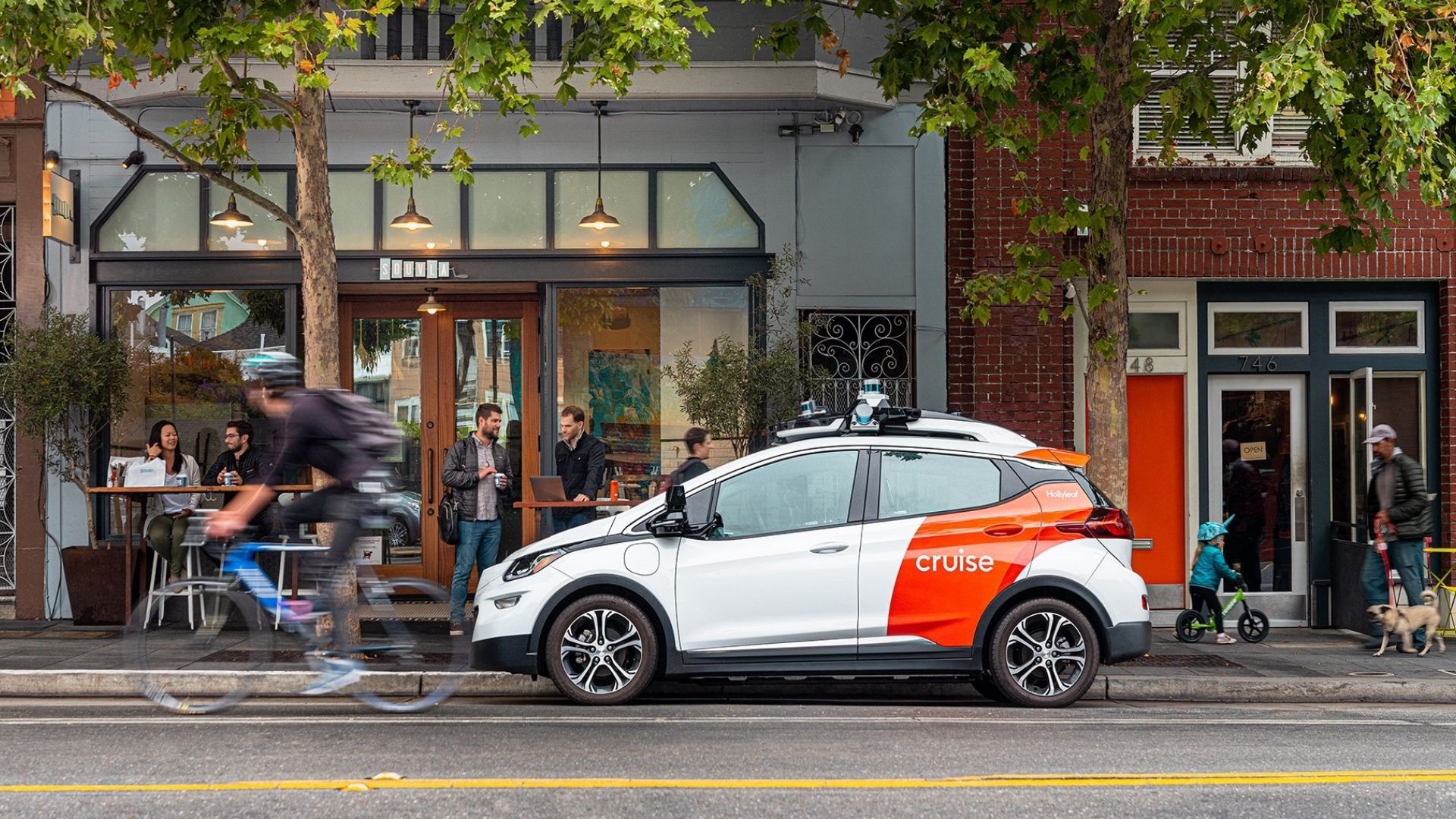

On Friday, Cruise LLC Chief Technology Officer Kyle Vogt, who also happens to be the co-founder of video streaming juggernaut Twitch, tweeted: “Parking permit, roofing permit, building permit… all kind of dull, really. But one for a driverless AV passenger service? It hits different.”
The exuberance is tied to an announcement made yesterday that the California Public Utilities Commission approved testing for Cruise to operate a driverless pilot program in California. Cruise isn’t the first to run a test program for autonomous vehicles (AVs); Google-owned Waymo launched its driverless Chrysler Pacifica fleet in Phoenix more than a year ago. However, this is the first pilot of its kind in California.

Three years after Cruise, LLC was founded in 2016, General Motors acquired it. The company has generated billions of dollars in capital infusions since then, including $3.35 billion from GM and Softbank, $750 million from Honda, and $1.15 billion from T. Rowe Price. Today, the valuation of the company is an astonishing $30 billion, which reflects the thirst for cars that don’t require human input at a rate that rivals the dot-com boom in the late ‘90s.
Last January, Cruise launched the self-driving Origin, which is not a car, bus, or van, but something in the middle of that mix. It has no steering wheel, pedal, or driver, and has been tested on the roads of San Francisco for quite some time. Now the company will be able to take riders and may or may not charge for that service.
“Issuance of this first driverless permit for the CPUC’s Autonomous Vehicle Passenger Service Pilot Programs is a significant milestone. Autonomous vehicles have the potential to transform our transportation system and communities by solving individual mobility needs, improving roadway safety, and moving goods throughout the state sustainably and efficiently,” said CPUC Commissioner Genevieve Shiroma in a press release. “The effective deployment of autonomous vehicles can also transform vehicle manufacturing, maintenance, and service business models to create new jobs and industries for the California workforce.”
On Thursday of this past week, Waymo One announced that Android users can now access its driverless rideshare service and book it through Google Maps. Rideshare company Lyft sold its AV Level 5 division to a subsidiary of Toyota, and other companies are racing to develop their versions to tap into the trend. I’ll be watching the uptake rate in California; with the pandemic not yet in our rear view mirror, I’d bet that riders are going to find that not having to get into a car with a stranger is an attractive proposition.
Got a tip? Send the writer a note: kristin.shaw@thedrive.com